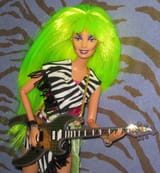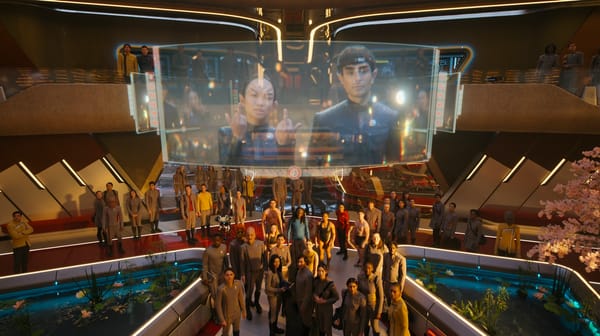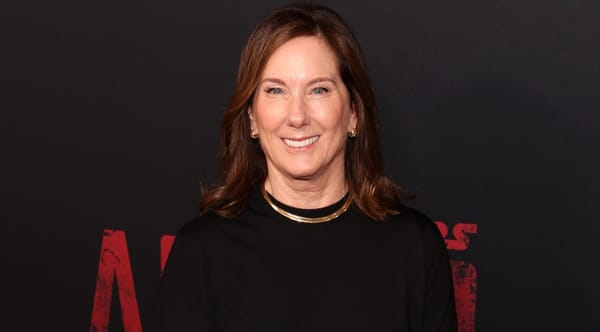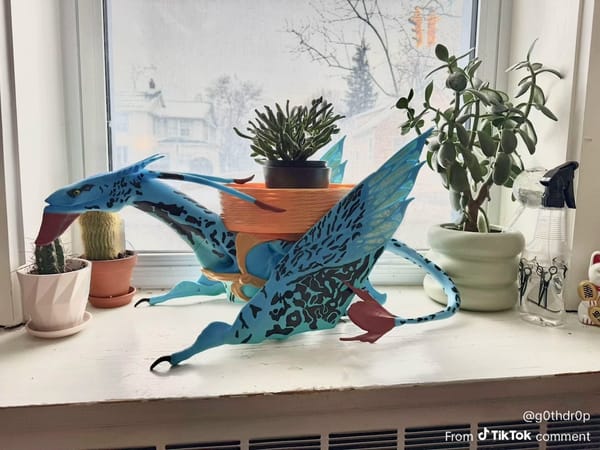I like flan
On couples counselling and custard
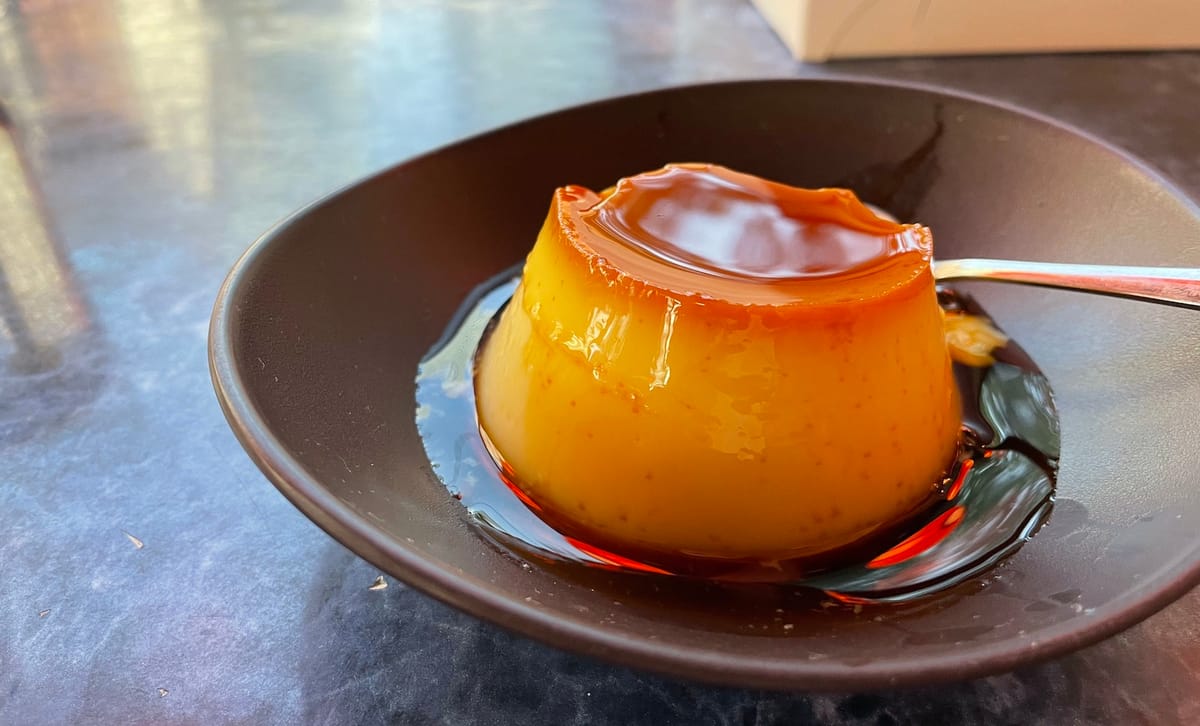
Based on my sole experience with the process, I will tell anyone who asks that couples counselling does not take place in encouraging spaces. Ours happened, across two years, in an annex of a university building which felt like it hadn’t been used by the living in at least thirty years, and had not been decorated by the living for at least another thirty more, prior to that.
If you told me that our therapist emerged from the peeling wallpaper fully-formed every Sunday morning at 9:55, just in time to not admit us to her office until precisely 10am, I’d believe you. She was an older woman — I can’t recall how we found her — and she cost some portion of money that I shelled out, in cash (or was it a cheque?) dutifully at the end of each session. Once we were out the door and back in the dusty vestibule, I assume, the therapist re-joined the plaster, exhaling like old air before the room was empty again, and waited for another Sunday to dawn.
That entire experience exists in a strange ambiguity in my mind. One generally attends couples counselling — or at least, we did — with a very simple objective: fix the relationship. By that measurement, the process failed, and I think my awareness — even as it was happening — that the process was failing, would fail, had no option but to fail, contributed to the sting of cheated disappointment that I felt then, and still somewhat feel when I think back on it all now.
And yet there were so many corollary benefits to that whole experience, some of which went on to manifestly change my life, that I feel silly about any dribble of that latent anger. Perhaps the whole experience was my first contact with a practice I later started to understand as “radical acceptance.” There never was, after all, a covenant between ourselves and the therapist — “we’re going to fix the relationship.” Never a contract, only a premise: we want to do something here. We want to try to lift this. And every week or every two weeks or however often we did it, this being emerged from the walls of her office and took her time and gave her care, and helped us lift it and look at what was underneath.
Fixing anything is a promise with long odds, but what one can always do — or at least endeavour to do — is try to come into oneness with the way things actually are. Beneath the bullshit, the shame-wrapped unexpressed needs, the (at least in my case) almost hilariously misdirected approaches to communication. I sat in that place for week after week, seemingly without end — even in my mind, it feels less like a defined period of years, more like an entire epoch spent in an alternate dimension, E-space or the like — and slowly had no choice but to accept certain things about the way things were, and are. Not just in the relationship — both at the time and now, I think I would find it remarkable how little the relationship was central to any single thread of the ongoing conversation — but in the self. Not just in the other person; in me.
There were two food metaphors which, over the course of that experience, I realized I use (both verbally and mentally and now, in my fiction) quite a lot. The first was spinach: the image of spinach blanching in a pan, the pot lid pressing down to accelerate the escape of hissing steam into the air, the emerald leaves wilting, time-lapse-fast, turning into mush. Delicious mush, sure; but that wasn’t the point.
This, as it turned out, was how I articulated what it felt like to feel so much of my true self — the parts of me I actually liked — yoked and subdued and suppressed by the judgments of a person who thought I was too loud, too strange, too me.
The second food metaphor was flan — that yolky custard, a quivering upside-down dollop on a plate — which was how I articulated all the parts of myself that felt weak-willed, ill-formed, un-masculine, and generally pathetic.
When I was a kid and my family spent a month living in Spain, there was flan every day. Flan was like yogourt cups over there. It came in packs of a thousand (or something). Peel the foil, flip it over on a plate, pull the cup away, watch the caramel drizzle down. I’d have it for lunch and go for long walks on winding pathways where there were cats and, at night, slugs.
When I was an adult and I went to a Mandarin for the first time with some girlfriend or other and I saw that massive (and inexplicable) serving plate of flan that every Mandarin seems (by law) to have, glistening under the lights of the desert buffet, I nearly had a god damn heart attack. So much flan! Who even knew there could be that much flan!
I had flan for my birthday last week. Just me, a decadent little solo lunch at a restaurant I always wanted to try, reading my book and, after the main, eating my flan. Heaven.
I think you might see where this is going, and it is one of the weirder and more memorable moments of catharsis of my whole life. At some point in those two years of couples counselling over a decade ago, and after having used flan as a self-loathing negative for some reason or another for the umpteenth time, I felt tears start to squeak out of my eye sockets and I suddenly, helplessly uttered, “I like flan.” And an entire mess of things that hadn’t made sense before — upside-down in their cup — suddenly seemed perfectly clear.
Couples counselling did not save that relationship, if that was ever its objective in the first place (tacit, not stated, objective). It didn’t save me either — I didn’t talk enough, didn’t do enough of the work; simply sat in silent judgment and processed my bent understandings of a whole jumble of feelings, memories, and lingering angers about “us” that were actually, it would later turn out, about “me” — but going to counselling for those two years sure made sure I would never use the flan metaphor as a negative again.
When that relationship ended, and the counselling along with it (we were in it right up until the end), the therapist called me and referred me to a psychiatrist, a colleague of hers, a person I worked with for the next twelve years. (He retired in June.) Our couples counsellor, on that phone call, said she was sorry we hadn’t had more time to work directly on my problems during the sessions, but that she felt there was something real there, something that would very much benefit from 1:1 counselling.
She was right. She probably saved my life. She melted back into the walls, and I never saw or heard from her again.
Links
- I reviewed Gregg Araki’s Teen Apocalypse Trilogy (Totally F***ed Up, The Doom Generation, Nowhere), newly released by the Criterion Collection in a blu-ray/4K combo pack. (Screen Anarchy)
- I also reviewed The Marshall of Mos Pelgo, a.k.a. the male-presenting person I’ve had a crush on the longest, a.k.a. Cobb Vanth from the Vintage Collection! Check out that hair swish! (YouTube)
- Ta-Nehisi Coates is back, and I gotta read this book. (Intelligencer)
